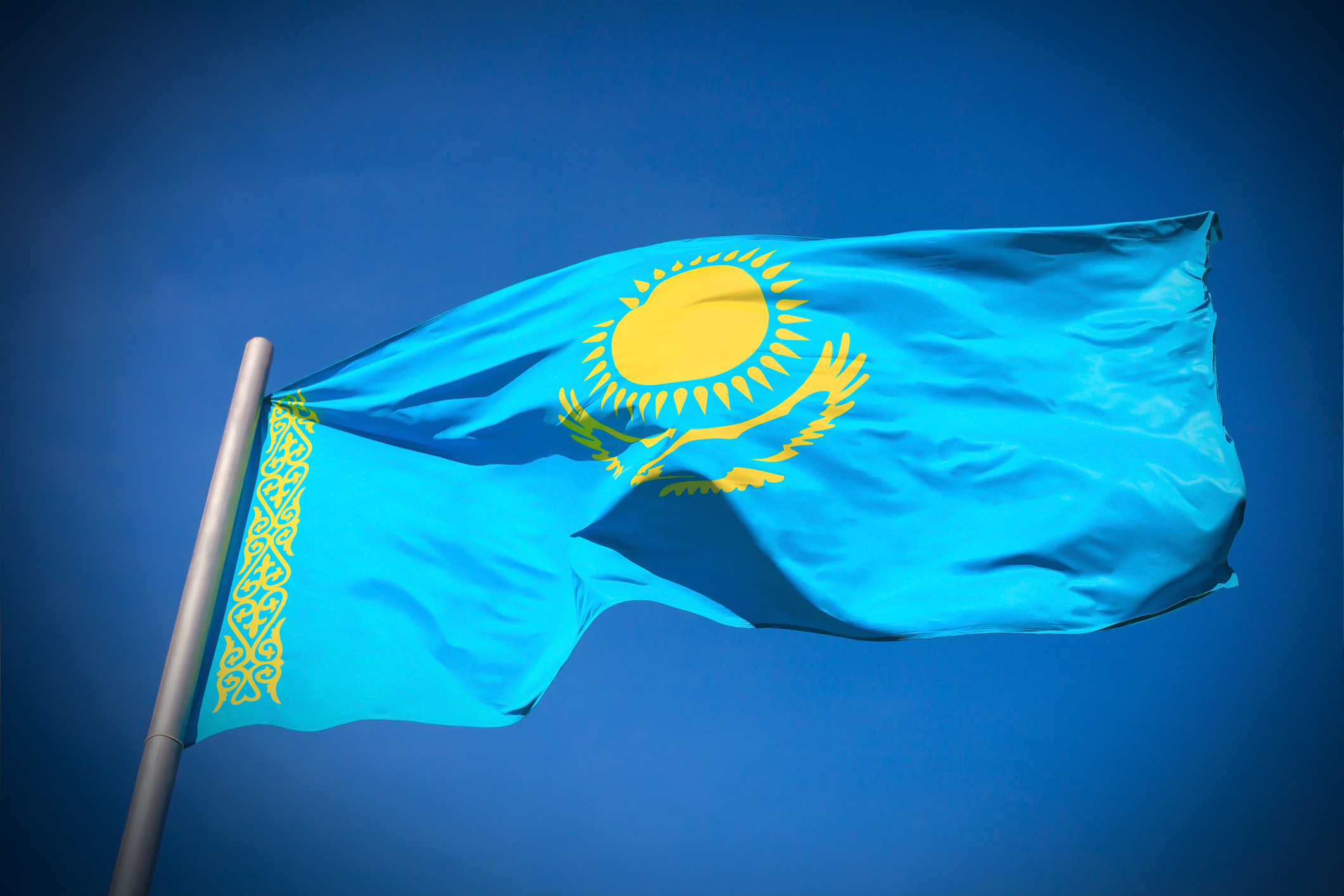Thwarting Nuclear Threats Requires Global Partners
Managing growing nuclear threats will prove a critical challenge for the next U.S. president.
The United States needs novel approaches to address this issue, recently highlighted by the Academy Award winning movie Oppenheimer.
Moscow, Beijing, and Washington used to cooperate to prevent the spread of nuclear weapons. No longer.
Russian and Chinese leaders now routinely sacrifice proliferation safeguards to secure advantages against the United States.
The United States has strengthened ties with traditional allies to oppose this Sino-Russian axis.
For instance, Washington and its partners in Europe and Asia have launched new initiatives to counter nuclear threats.
The EU, Japan, and South Korea all cooperate well with Washington in this domain.
But Washington needs to supplement these traditional tries by cooperating more with other governments having strong nonproliferation records.
Partnering with a broader coalition of countries can fortify nonproliferation regimes under strain.
Former Soviet states like Ukraine, Georgia, and Kazakhstan are natural U.S. partners in this endeavor.
For example, a new report by the Council on Strategic Risks highlights how Kazakhstan, under founding president Nursultan Nazarbayev, made nuclear disarmament and nonproliferation a foundation of its foreign policy.
Following independence, Kazakhstan eliminated all its Soviet-era nuclear weapons, joined the Nuclear Non-Proliferation Treaty (NPT) as a non-nuclear weapons state, and promoted a Central Asian Nuclear Weapons Free Zone.
Though Kazakh-U.S. collaboration has extended to many other issues, nonproliferation has remained a cornerstone of their partnership.
Their most prominent joint endeavor was “Project Sapphire,” which moved sufficient enriched uranium to make some 20 nuclear bombs to U.S. territory.
More recently, Kazakhstan, the United States, and other partners inaugurated the world’s first international low-enriched uranium fuel bank.
Several of Kazakhstan’s current WMD-related initiatives could also benefit the United States.
Strengthening nonproliferation cooperation among Central Asian states could advance the U.S. goal of enhancing these countries’ autonomy from Russia and China.
Preventing nuclear weapons tests could counter Moscow’s recent decision to “de-ratify” the Comprehensive Test Ban Treaty.
Providing expanded community support and ecological restoration projects could help the former Soviet republics recover from the USSR’s nuclear disasters.
Establishing a comprehensive global nuclear weapons database could highlight China’s massive but opaque nuclear buildup.
Washington and Astana could also re-launch the nuclear security summits to secure dangerous nuclear material, perhaps extending their approach to encompass biological weapons threats.
The two countries’ nonproliferation partnership offers a blueprint for others despite great-power tensions.
Credit Photo:Photo 35608699 © Freedarst | Dreamstime.com
See also the following:

